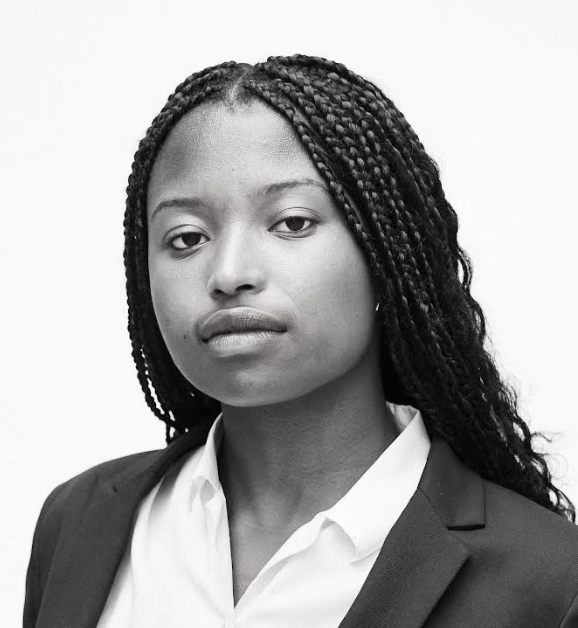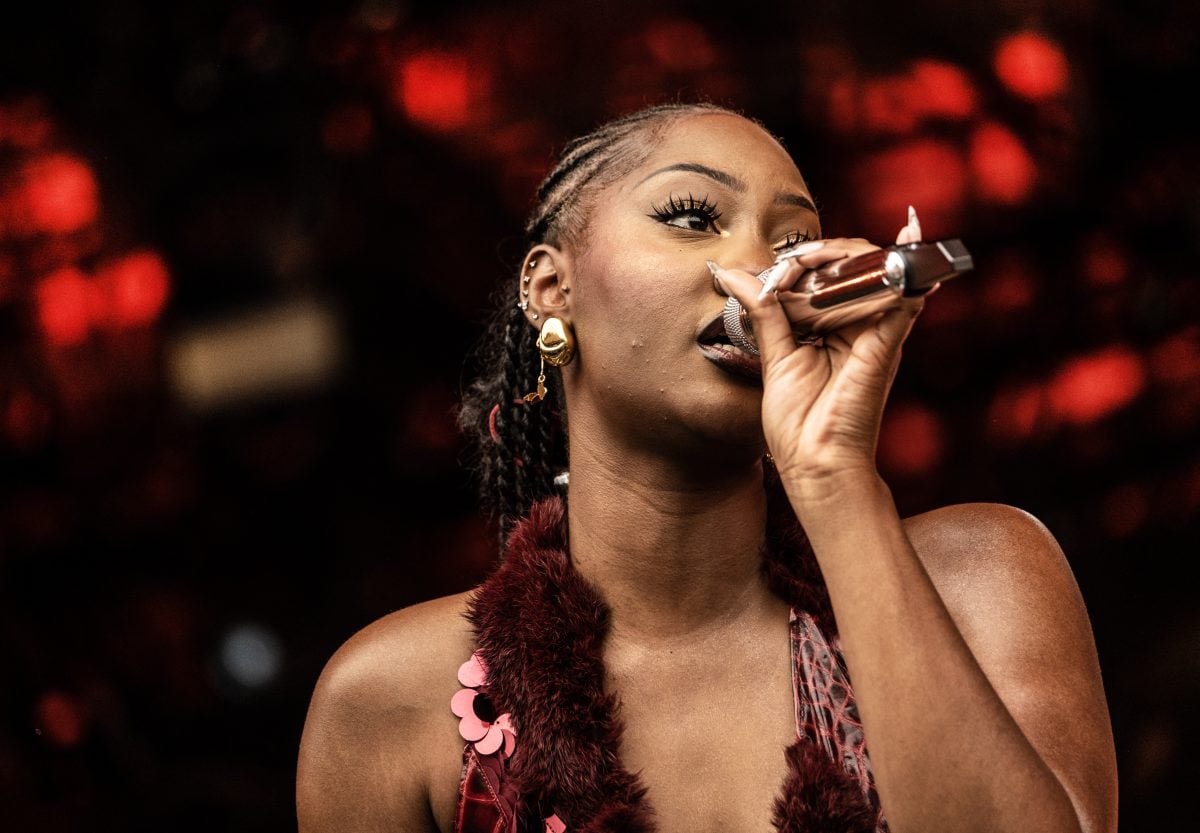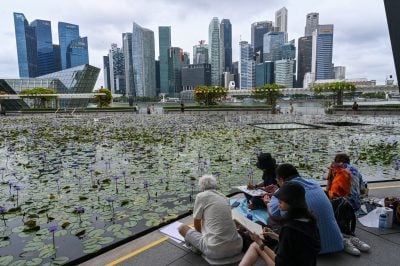Afro Nation returned to Portimão, Portugal, this summer with the ceremony of a coronation – and rightly so. Now in its fifth year, the festival has evolved from a niche gathering into a flagship celebration of black music and global diaspora culture. On the shores of Praia da Rocha, what once felt like a spirited experiment now carries the polish of a pan-African institution – complete with both the sparkle and logistical snags that come with scale.
Produced by The Malachite Group and Memories of Time and backed by corporate heavyweights like Spotify and ELF Cosmetics, the event positions itself as not simply a party, but a cultural export that radiates African pride and global appeal.
This year’s edition leaned into luxury. The crowd was older, more international, and more invested – financially and emotionally. Still, the energy never wavered. From London stylists to Lagos entrepreneurs, the audience was a parade of trendsetters, with Nigerians, Ghanaians, and South Africans out in full force. The UK and US diaspora made their presence felt, albeit outnumbered by the francophone contingent.
Afro Nation increasingly finds itself in growing company. Across Europe, festivals like DLT Malta and Parisian Fête de la Musique are showcasing Afrobeats as a global movement that transcends genre. Where Afro Nation offers high-gloss, cross-continental production, DLT favours a smaller footprint, while Fête de la Musique weaves Afrobeats into a broader multicultural mosaic.
Diverse and experimental lineup
Musically, Afro Nation 2025 was an exemplar of continental convergence. The lineup reflected the current trajectory of African music – diverse, experimental, and willing to blur genre lines. The main stage served as a living playlist of Afrobeat, Amapiano, dancehall, and drill, with moments that soared and others that gently stumbled.
Davido’s headline set was a study in strategy. Fresh off his new album 5IVE, the Nigerian superstar opened with Maryam Bukar Hassan’s spoken-word prologue, hinting at a more introspective direction. But the real story unfolded live: as newer songs like Offa Me and 10 Kilo met lukewarm reception, Davido pivoted to the classics – and the crowd responded in kind. It was a lesson in reading the room, and a reminder that nostalgia often trumps novelty.
Tems, in cerise pink and surrounded by greenery, brought quiet intensity. Her set, marked by clarity and control, included several snippets from her upcoming album. She even paused to serenade two fans, showing that intimacy can still exist in front of thousands. Meanwhile, Mary J. Blige, the Queen of Hip-Hop Soul, delivered a masterclass in legacy. Performing to a markedly American crowd, decades of professionalism enabled her to power through early sound issues without breaking stride.
J Hus, a veritable wildcard, leaned into UK drill and grime – a detour that felt more London Wireless than Afro Nation. While crowd-pleasers like Militant and Play Play salvaged his set, the mismatch between genre and setting was palpable. Dexta Daps offered similar tonal whiplash – shifting from a pelvic sermon, grinding mid-stage on a dancer, to a sudden prayer of gratitude. It was part dancehall, part theatre, part theological contradiction. The performance had charisma, no doubt, but also raised the question: where does performance end and pantomime begin?
Showman Burna Boy brings down curtain
The final night belonged to Burna Boy. Ever the showman, he emerged in a cowboy hat and left shirtless, exuding charisma by the bucketload. His tongue-in-cheek claim that Afro Nation should bear his name raised eyebrows, but his ability to command the crowd by choreographing call-and-response chants and teasing unreleased tracks cemented his stature. His concert was not just entertainment, but a declaration of Afrobeats’ staying power and global reach.
On the Amapiano front, South Africa’s Scorpion Kings delivered a rhythmic tour de force, although frustratingly scheduled alongside larger main stage acts. This growing genre deserves prime time, not a backseat. Francophone stars like Booba and Naza, by contrast, enjoyed robust sets and equally devoted crowds, affirming that Afro Nation’s cultural footprint now firmly includes Paris as much as Port Harcourt.
There were, inevitably, some missteps. Afro Nation promised a sanctuary of rhythm and black joy – but even sanctuaries need crowd control. Set times trickled in like state secrets, with some schedules released only after gates had opened. Beyond the festival grounds, along Portimão’s nightlife strip, a different kind of energy brewed: one tinged with entitlement. Some mistook the party atmosphere for a free pass. Reports of harassment, particularly toward women, cast a shadow. It bears repeating: minimal clothing is not an invitation. Afro Nation sells joy – but left unchecked, joy can quickly fuel the wrong kind of headlines.
Still, Afro Nation 2025 was a bold reminder of how far African music has travelled – and how much further it’s poised to go. The production was ambitious, the performances rich, and the cultural fusion electric. As the sun dipped behind the Atlantic each night, the message was clear: this isn’t simply a music festival anymore. It’s a movement – one whose ripple effects go beyond the stage, boosting the local economy, putting Portimão on the map, and proving that what began as a beat has become a blueprint.
Want to continue reading? Subscribe today.
You've read all your free articles for this month! Subscribe now to enjoy full access to our content.
Digital Monthly
£8.00 / month
Receive full unlimited access to our articles, opinions, podcasts and more.
Digital Yearly
£70.00 / year
Our best value offer - save £26 and gain access to all of our digital content for an entire year!


 Sign in with Google
Sign in with Google 





